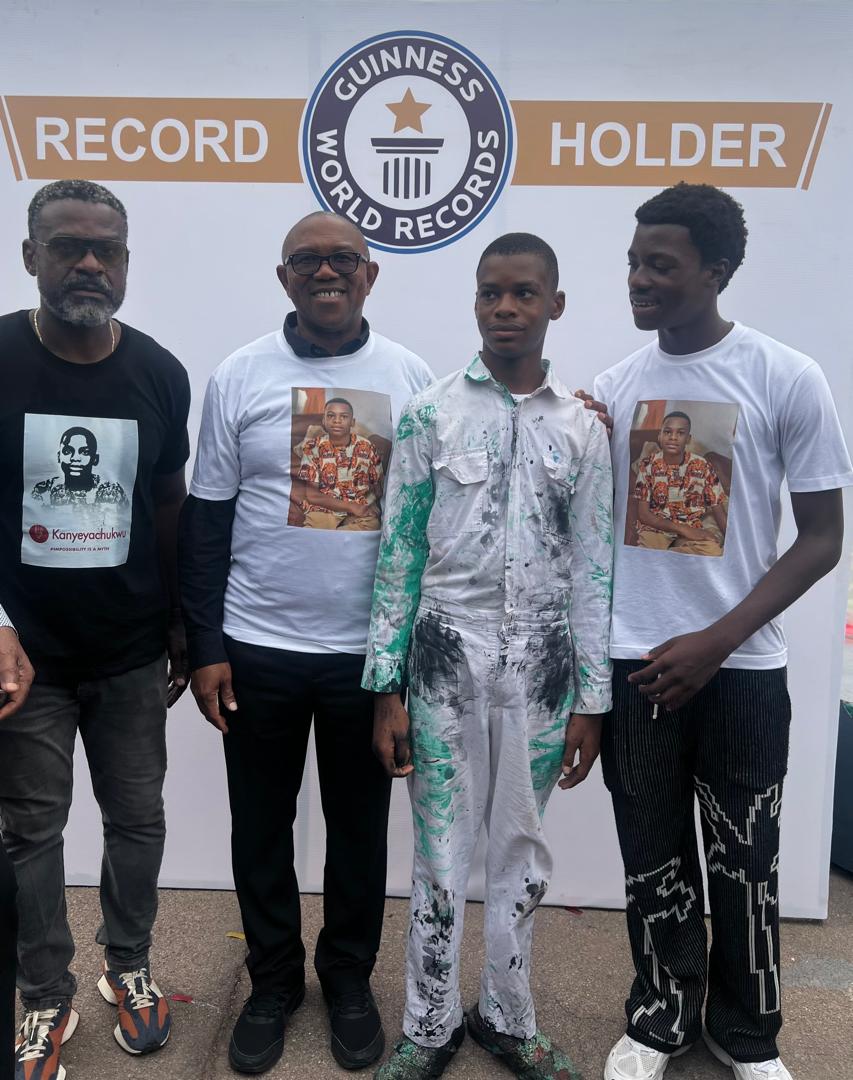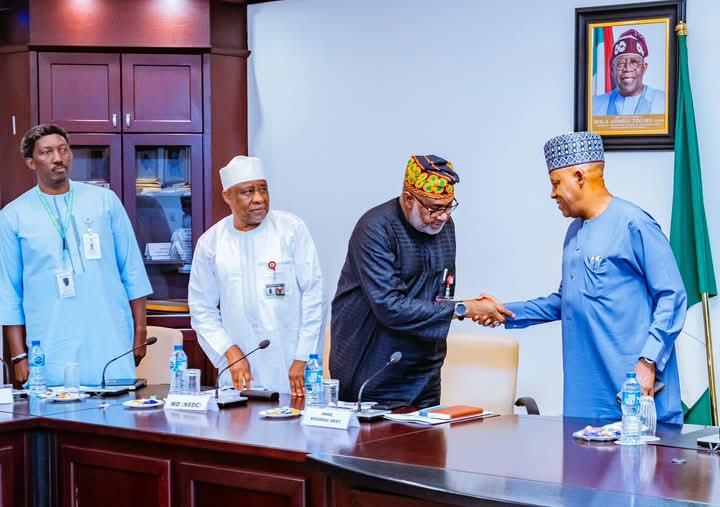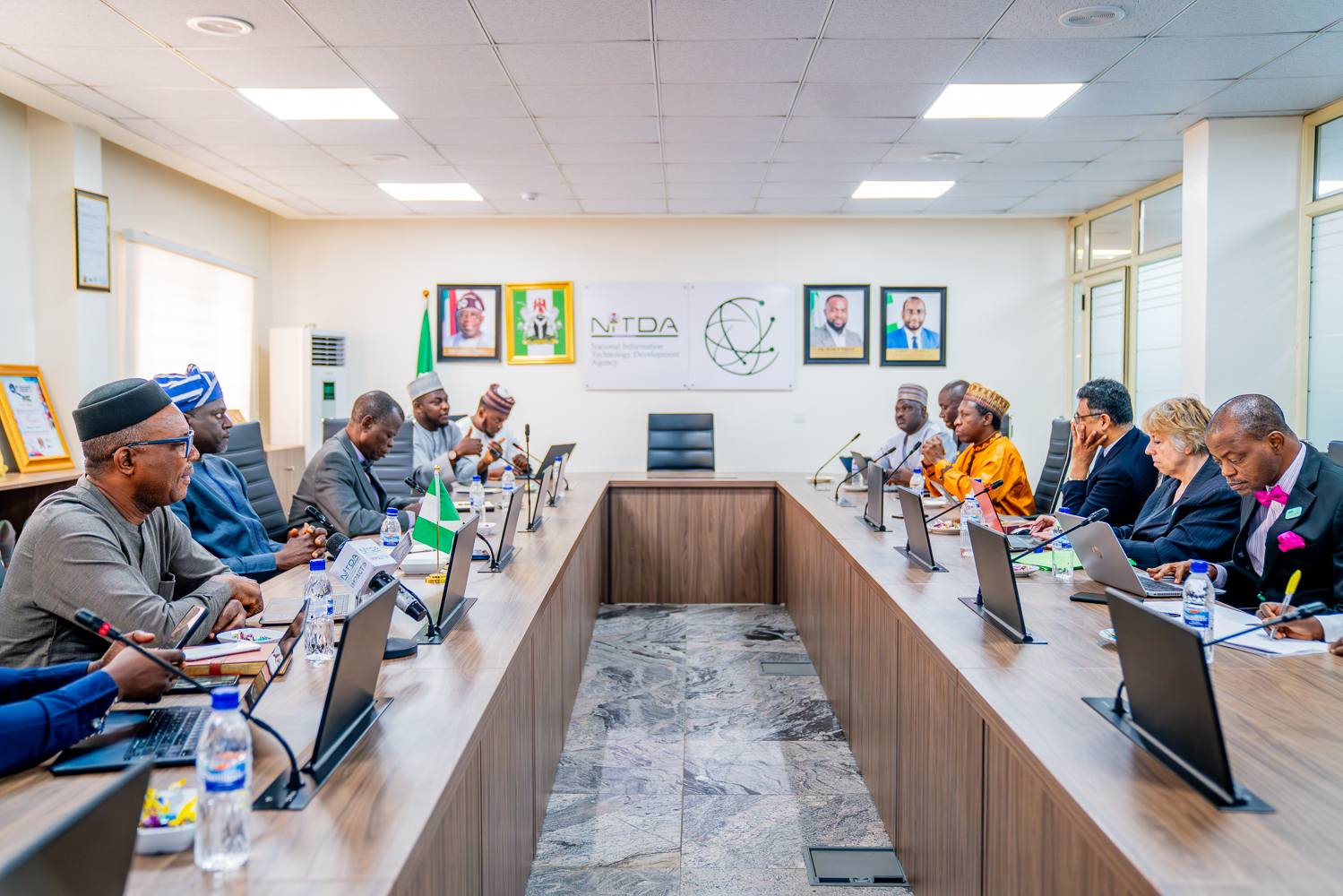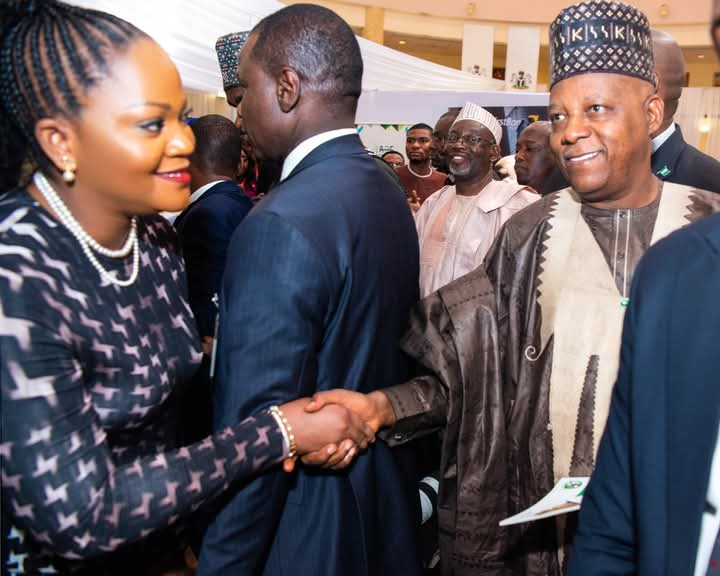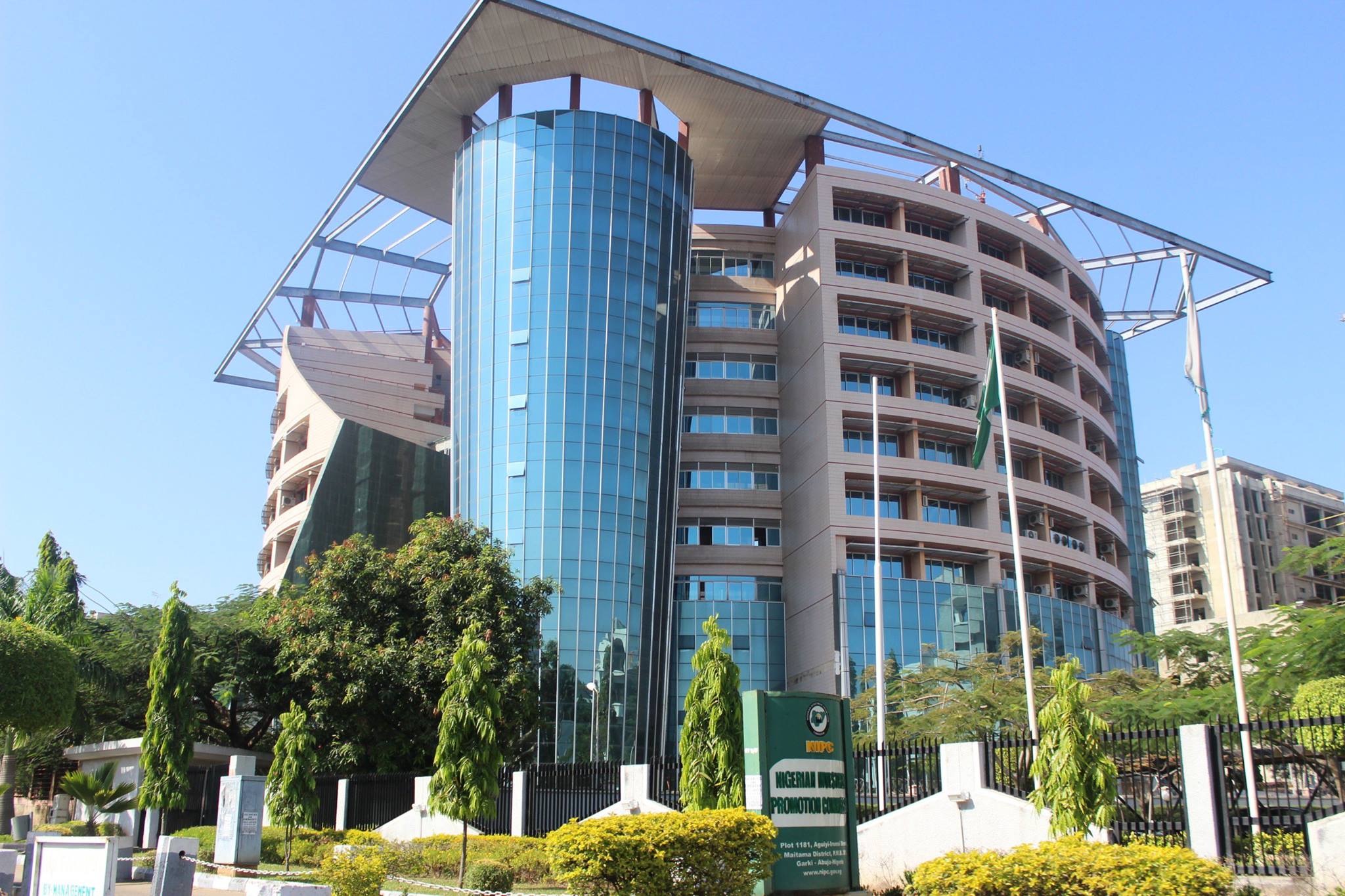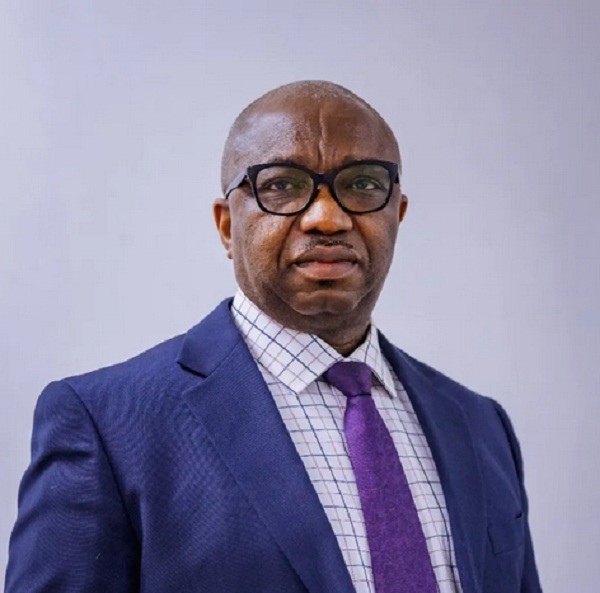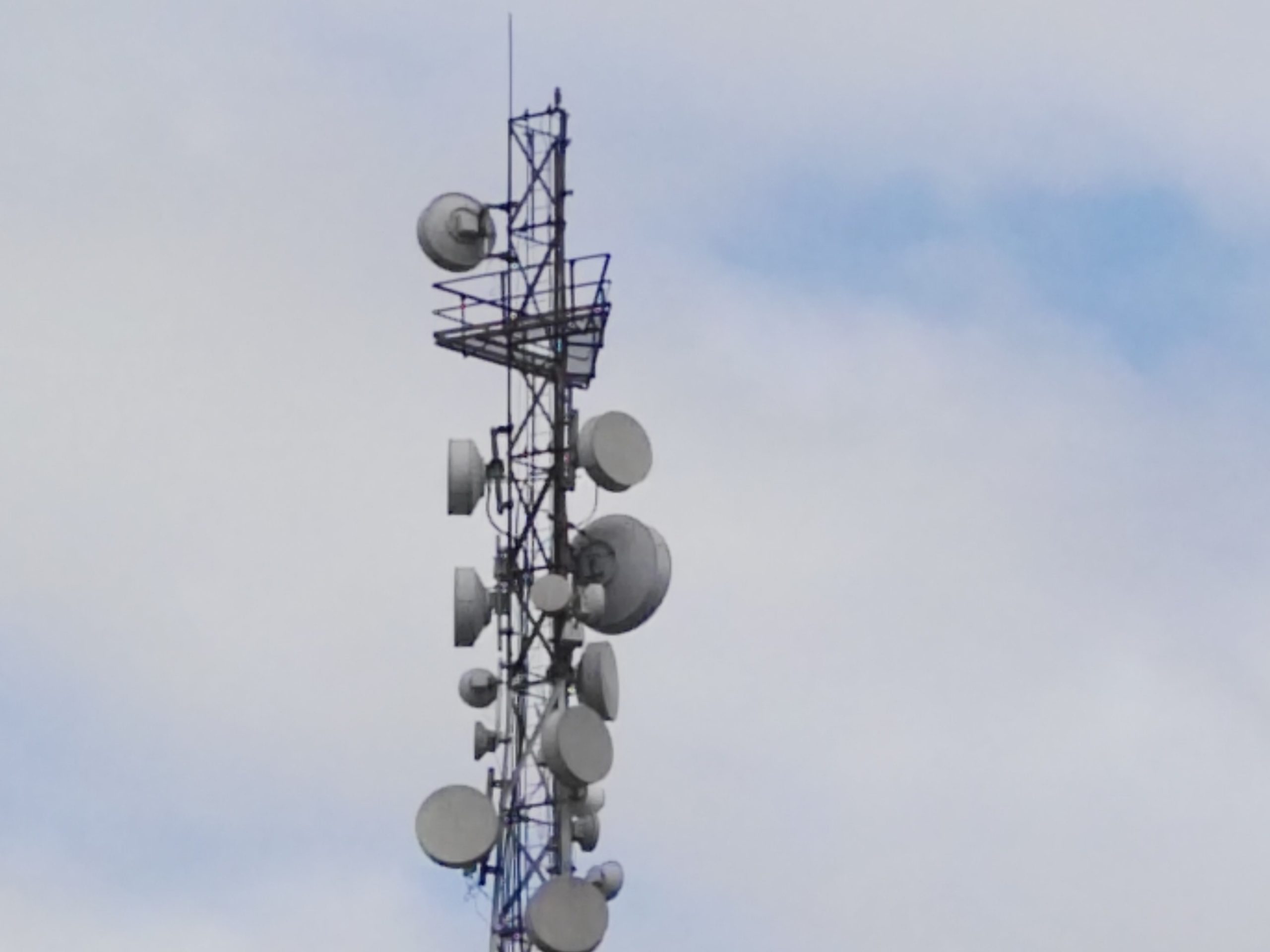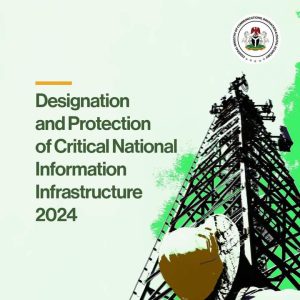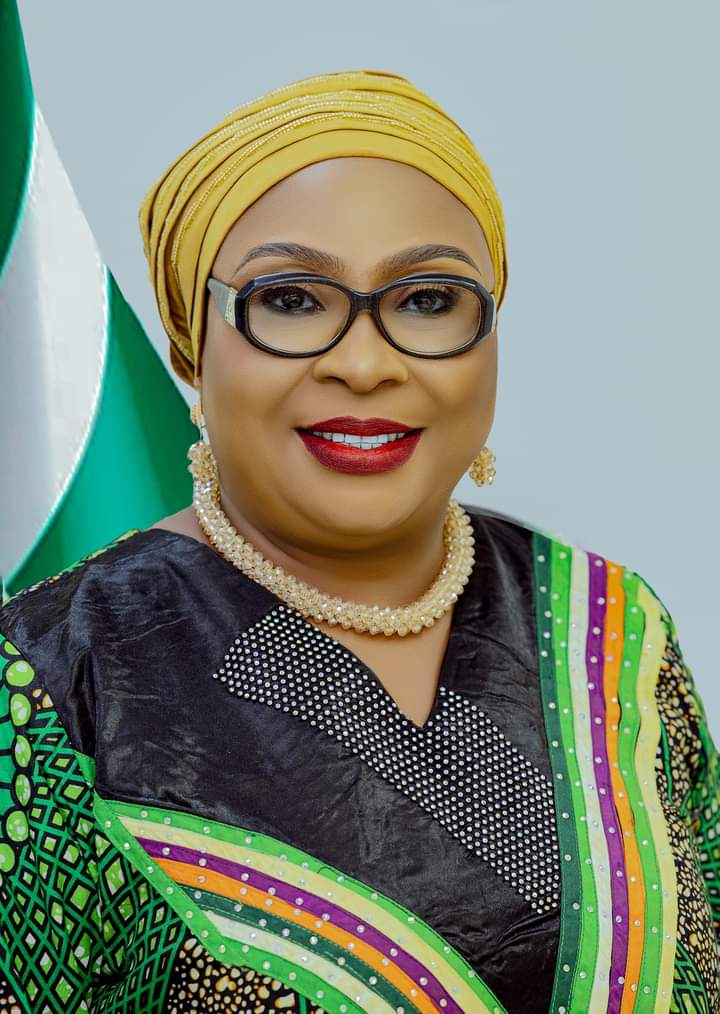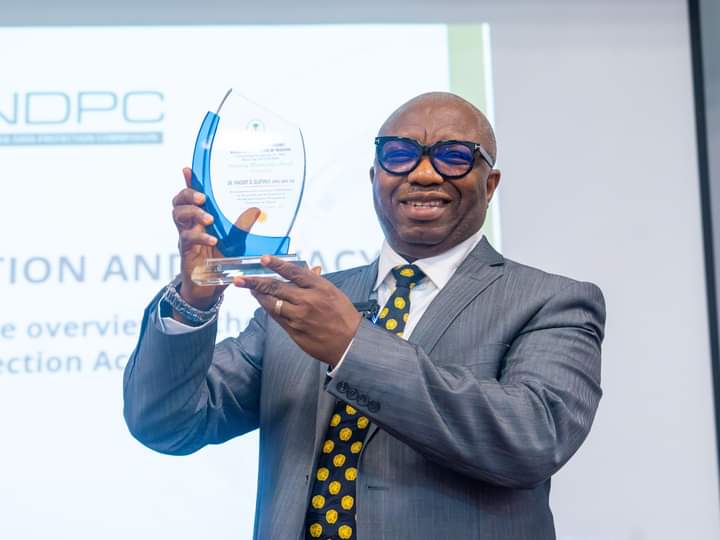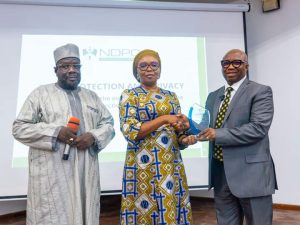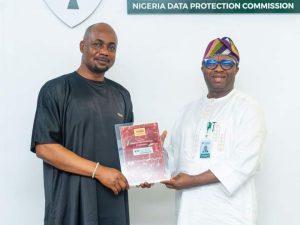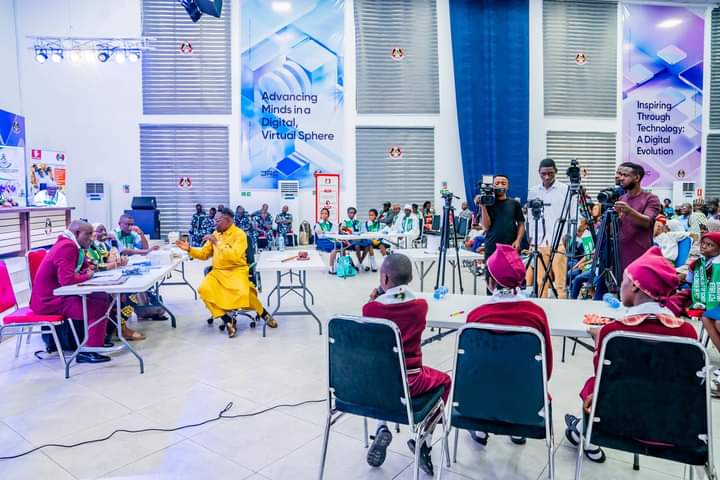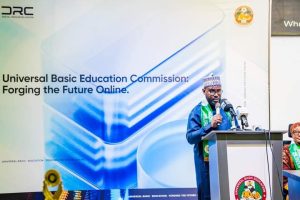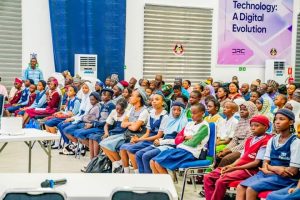The World Autism Awareness Day celebration at Eagles Square, Abuja, was marked by a remarkable showcase of talent, resilience, and determination, with a special focus on the achievements of Guinness World Record holder Kanyeyachukwu Tagbo Okeke.
The event drew a diverse crowd, including government officials, disability rights advocates, educators, parents, and children with special needs. Attendees were treated to a vibrant atmosphere filled with inspiring speeches, artistic performances, and interactive sessions aimed at promoting awareness and inclusivity for persons with autism. The venue was adorned with colorful banners and artwork created by individuals with special abilities, further emphasizing the theme of empowerment and creativity.
Peter Obi, the presidential hopeful of the Labour Party, attended the event and lauded Kanyeyachukwu’s extraordinary feat in painting on canvas. The young artist set a new global record by creating the largest art canvas, measuring an astonishing 12,303.87m² in just four months, surpassing the previous record of 9,652m², which was accomplished in seven months by another individual.
Speaking at the event, Obi emphasized the crucial role of youth-led initiatives in fostering a more inclusive and progressive society. He highlighted that Kanyeyachukwu’s achievement serves as a testament to the boundless potential that exists within every individual, regardless of the challenges they face.
“Kanyeyachukwu’s story is not just an inspiration; it is proof that with determination, encouragement, and the right opportunities, greatness can emerge from the most unexpected places,” Obi stated. “His success reinforces the urgent need for inclusivity, support, and opportunities for persons with special abilities.”
Obi called for a stronger commitment to nurturing talent, creativity, and hard work, urging society to recognize and celebrate individuals of all abilities. He reiterated the need for continued investment in fundamental pillars of human development, including education, healthcare, and poverty alleviation.
“As a nation, we must remain committed to building a society that leaves no one behind,” he added. “By fostering an inclusive environment, we can ensure that every individual has the opportunity to thrive and contribute meaningfully to national development.”
The World Autism Awareness Day event served as a powerful reminder of the need for continuous advocacy and action to create an inclusive society where every person, regardless of their abilities, can achieve their full potential. The event concluded with a heartfelt applause for Kanyeyachukwu and other talented individuals who showcased their artistic abilities, reinforcing the importance of supporting and celebrating neurodivergent individuals in all spheres of life.
Anthony Emeka Nwosu.

